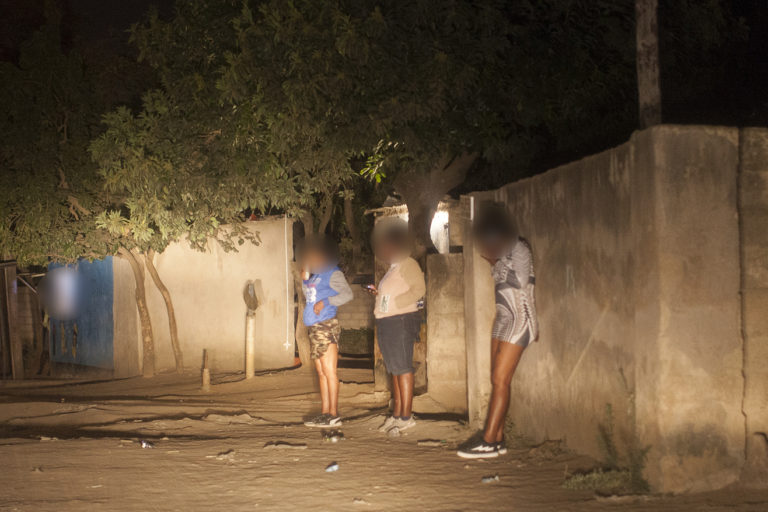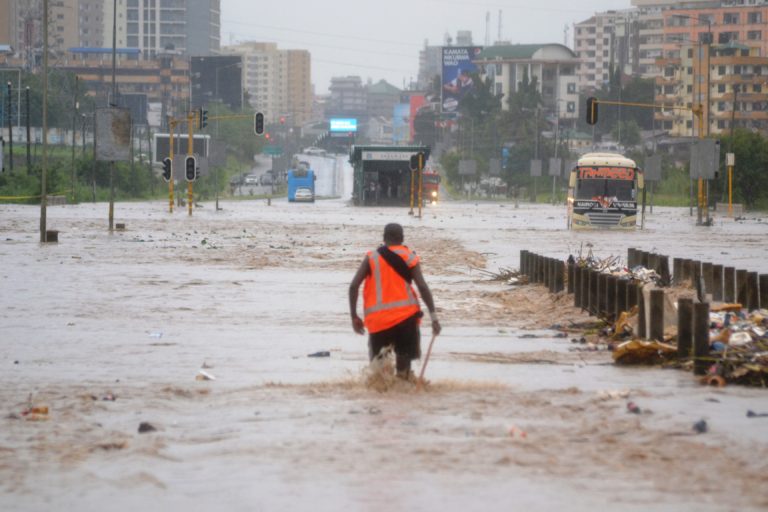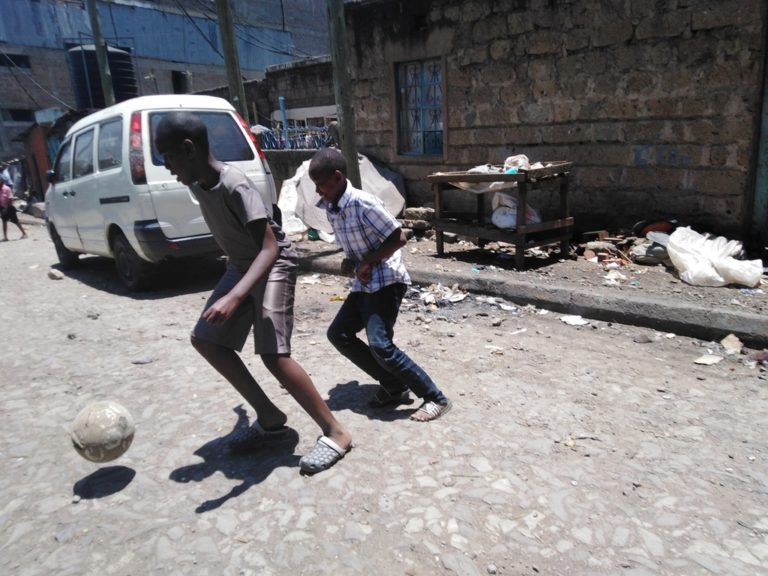Harare — Donning mini-skirts, popular for being dress codes for the oldest profession here, girls as young as 12, file past the railway tracks towards Harare-Chinhoyi highway, where one after the other, they are picked by motorists to unknown destinations.
Behind the girls, lies a slum settlement that stretches closer to Westgate, a medium-density residential area in Harare, where the girls brag, they have had a constant customer base for their sex services.
In fact, some of the girls claimed, posh vehicles every day in the evenings, often at sunset, drive up to their settlement to fetch them.
So, to quench the pleasures of the men frequenting their settlement, the girls are every day picked and later after business, dropped, to them a sign of thriving business even as they look underaged to be in the oldest profession.
“We have no choice. You can see the conditions we live under – poverty defines our daily living here and if we don’t sell sex, we can’t have food. As for me, I have no parents and I live with my little nine-year-old sister whom I have to feed because our parents died some three years ago,” 15-year-old Pegina Muzhandi, told Ubuntu Times.
Pegina made no secret about what killed her parents, saying they both died of AIDS, a disease she said neither spared her nor her little sister as they both acquired HIV at birth.
She (Pegina) said condom use is a rarity each time she engages her clients.
“More often, my clients who are much older than me – some men in their forties, just prefer not to use condom protection when they sleep with me. There is nothing I can do about it because at the end of the day what I need is money,” said Pegina.
In the slums where Pegina and her sister live with many other girls of her age, there are apparently scores of other grown women also in the business of sex trade – many in fact like 43-year-old Marian Chihoko who openly said sex workers of her age were facing competition from very young girls.
“Underage girls have put us out of business here because they are often preferred by almost every client who comes here because they look young and more attractive than some of us, but also because these young girls charge very little for their services,” Chihoko told Ubuntu Times.

At Caledonia informal settlement, approximately 30 kilometers east of Harare, child sex workers are not a strange phenomenon.
Here, much-grown women like 63-year-old Memory Mhere, admitted that she was making brisky business hiring out desperate young girls to much-grown sex predators.
“The girls here now know I have a wider customer base and so they (girls) come to me asking me to connect them to the rich men who want sex services and I do that and payment is given to me and then I pay a smaller percentage to the girls,” Mhere told Ubuntu Times.
So, a pimp guru in her own right, Mhere admitted to making a killing trading out underage girls for sex – 50 to 65 dollars on a good day.
She however vehemently denied that she was responsible for fanning underage prostitution in her locality, saying in fact the girls approach her on their own.
“I don’t move around calling the young girls to come and sell their bodies. It’s them who come here knowing I am well connected to well-to-do men who frequent this area searching for young girls to sleep with,” said Mhere.
For development experts like Hebert Ruhaka based in the capital Harare, slums across Zimbabwe’s towns and cities have become fertile grounds for child prostitution.
“Poverty is rampant in slums and more often than not, girls there have no access to life’s basics and in order to get the basics, the girls have had to join the oldest profession whether they are in school or at home,” Ruhaka told Ubuntu Times.
According to Ruhaka, who is a holder of a degree in development studies from Zimbabwe’s Midlands State University, ‘slum settlements across the country here are infested with underage sex workers, who are as young as 13 years of age.’
Sadly, Ruhaka said, more often than not, elderly women hire very young girls to engage in sex with grown men, something seasoned pimps like Mhere did not dispute.
“The elderly women who lure young girls into sex work get paid by their clients who sleep with the poor underage girls more often without condom protection, with the girls rewarded with very little money by their pimps. At times they are not paid at all or if lucky they are instead rewarded with food handouts,” said Ruhaka.
According to many experts like Ruhaka, many underage sex workers in this Southern African country have dropped out of school, as their poverty-stricken families cannot pay school fees for them, with many of the girls like 15-year-old Pegina apparently orphaned.
In 2019, about 60 percent of Zimbabwe’s children in primary school were sent home for failing to pay fees, according to the Zimbabwe Vulnerability Assessment Committee.
“We are seeing a spike in social vices like child prostitution and domestic violence,” says Father Martin Nyadewo of St. Peter’s Parish in Mbare, a high-density southern suburb of Harare. “Young girls are increasingly taking to the streets to sell their bodies to be able to feed themselves and their families.” Nyadewo’s remarks appeared in a July 2020 article in America, the Jesuit review magazine.




























